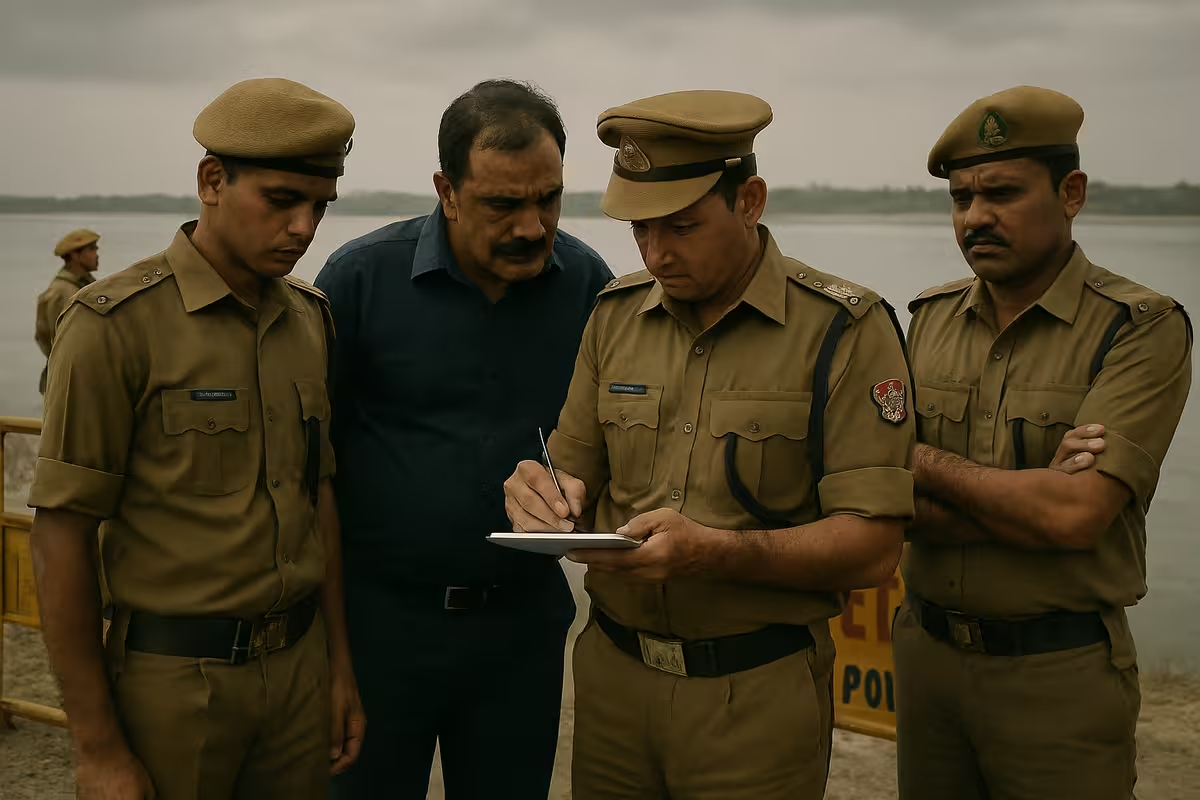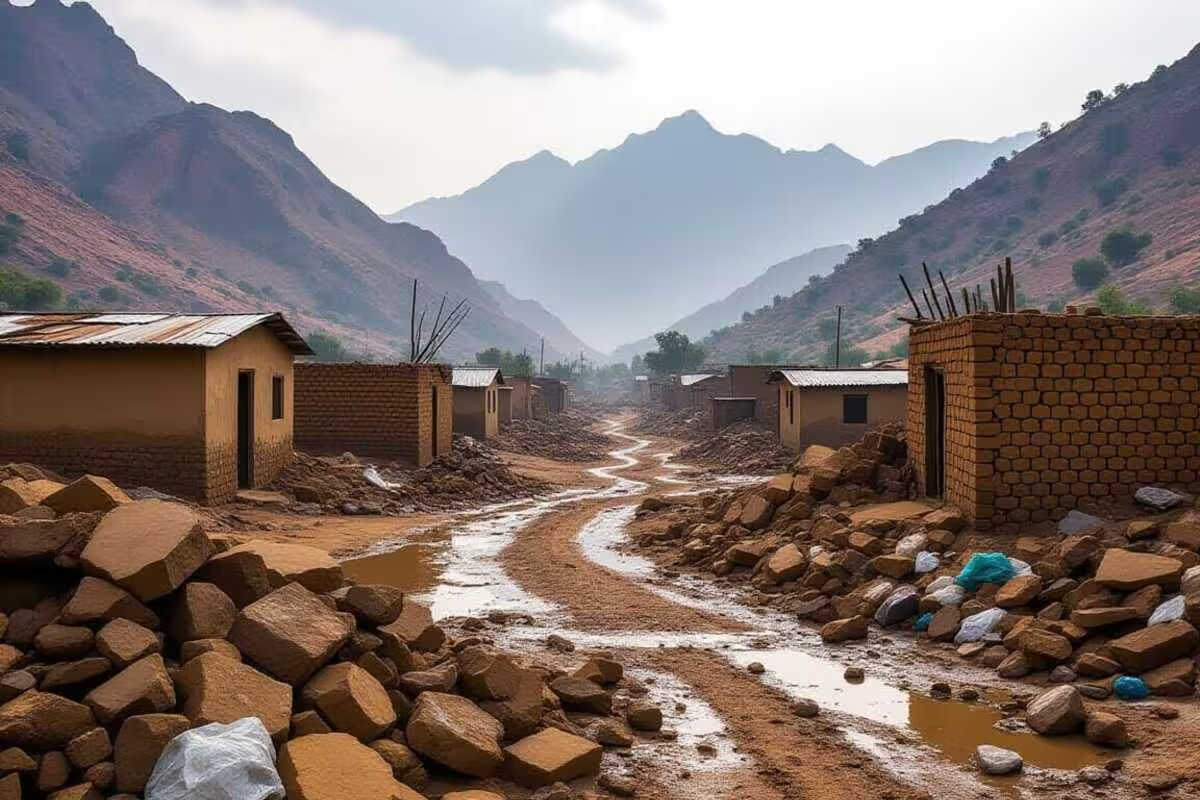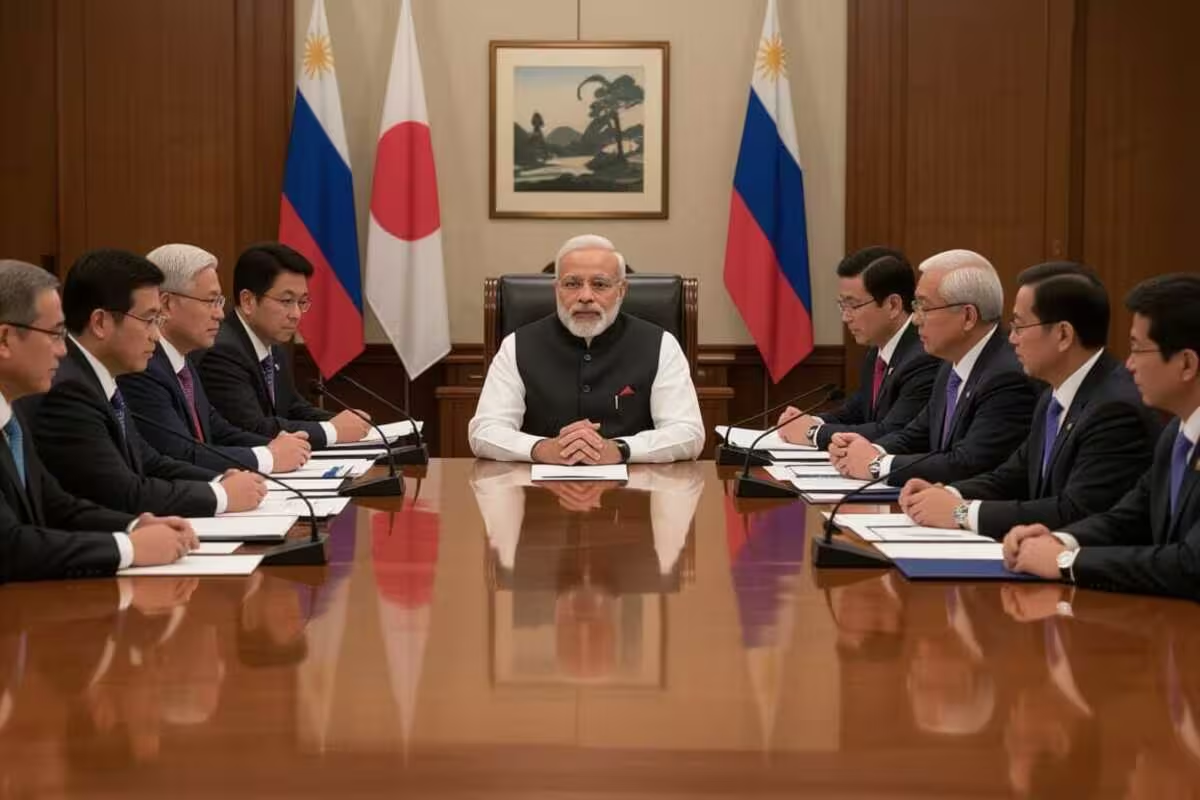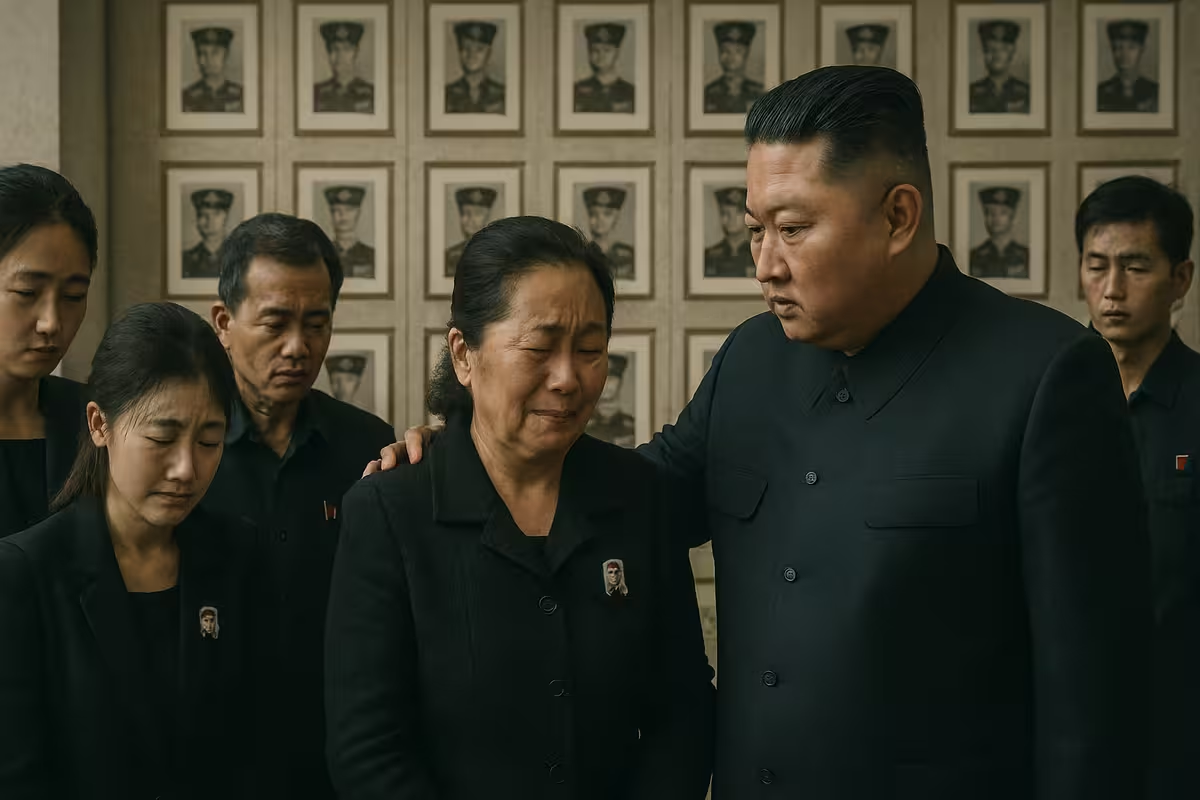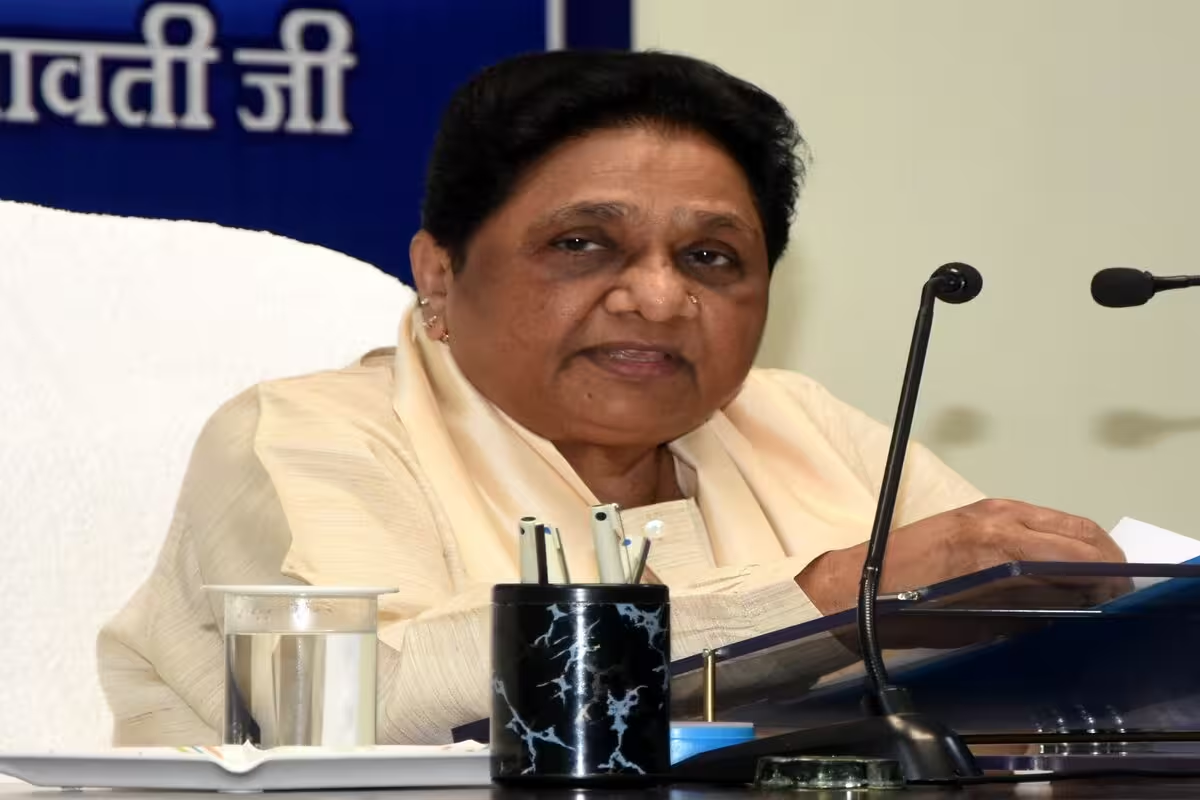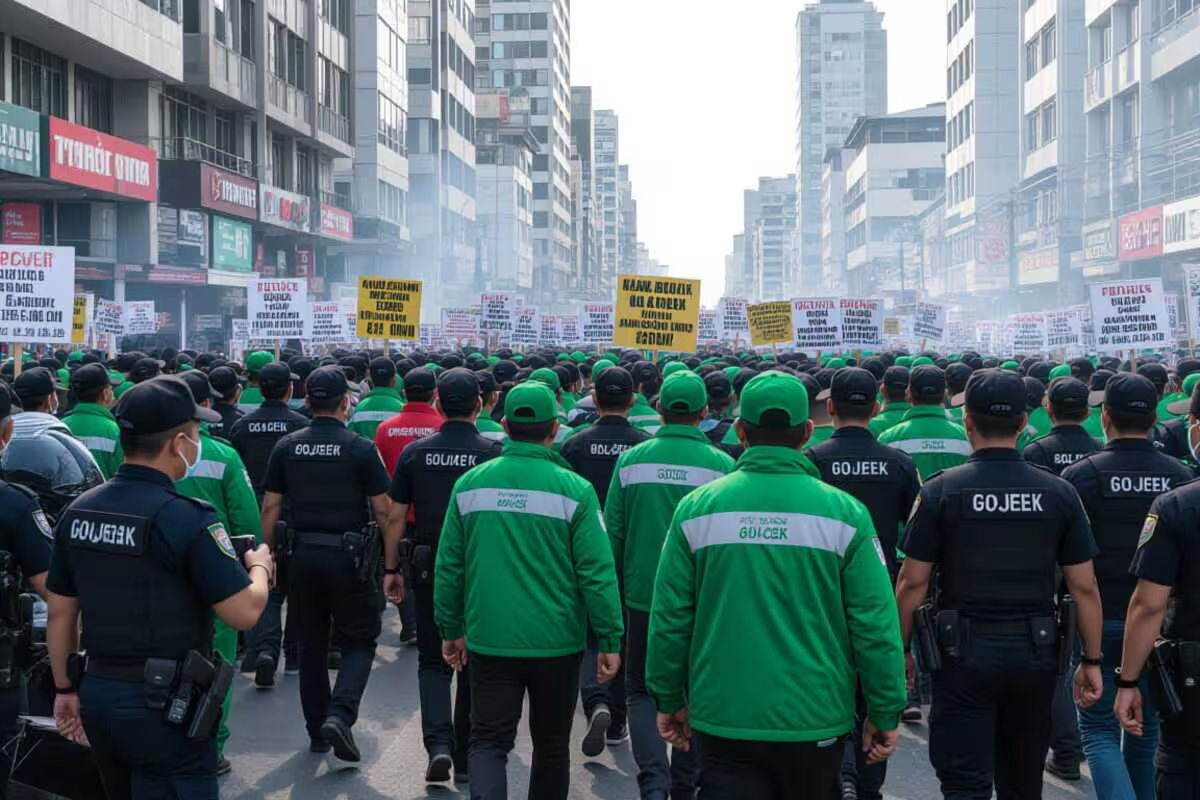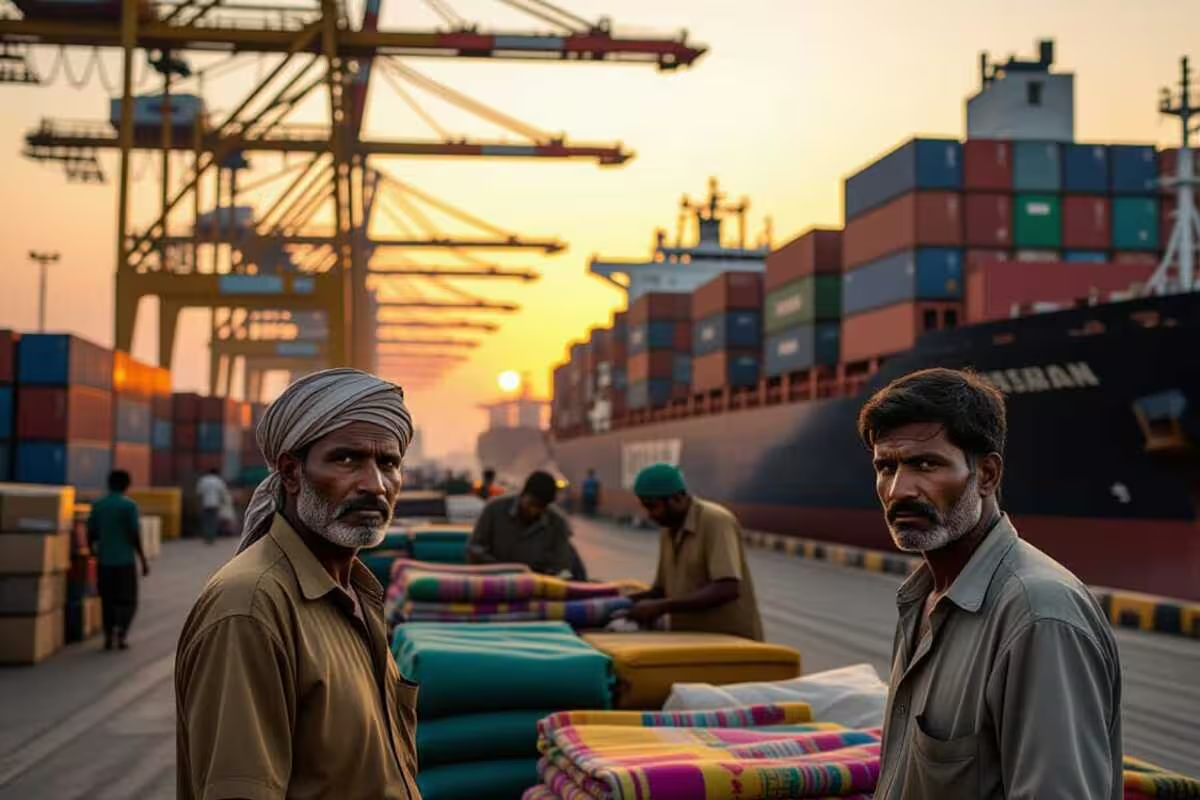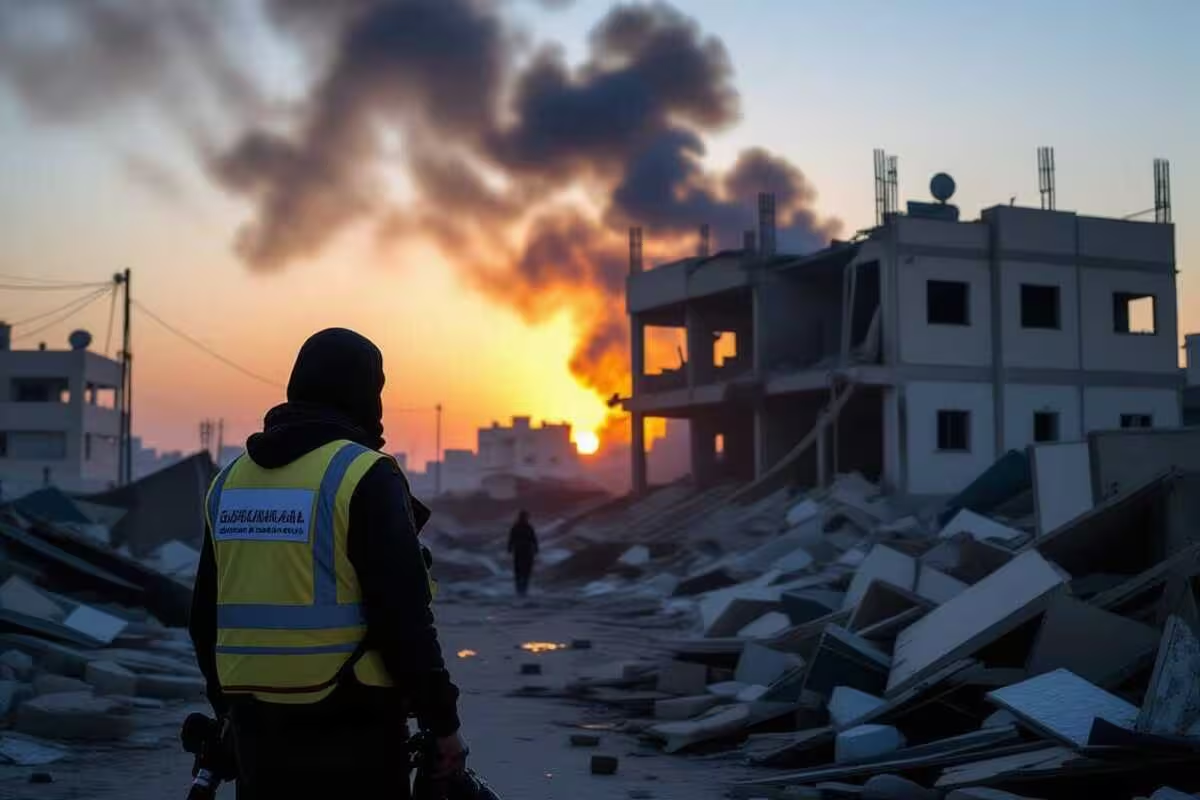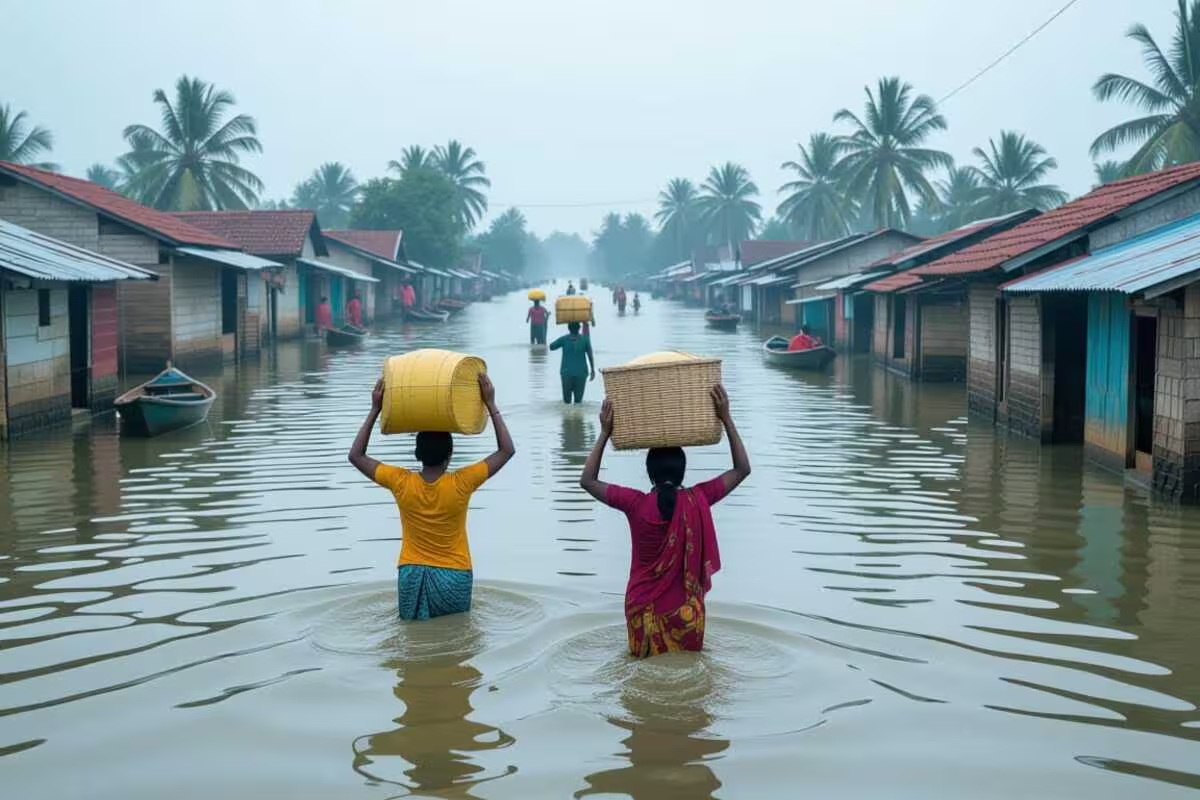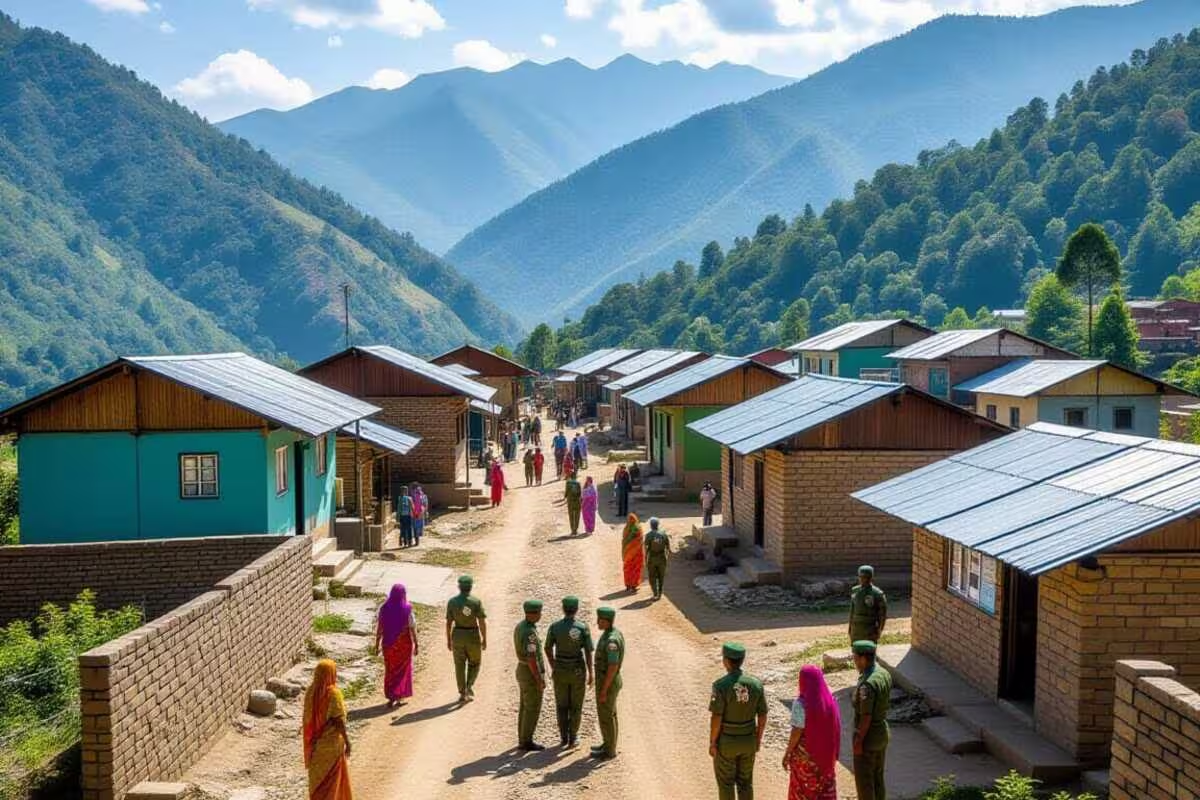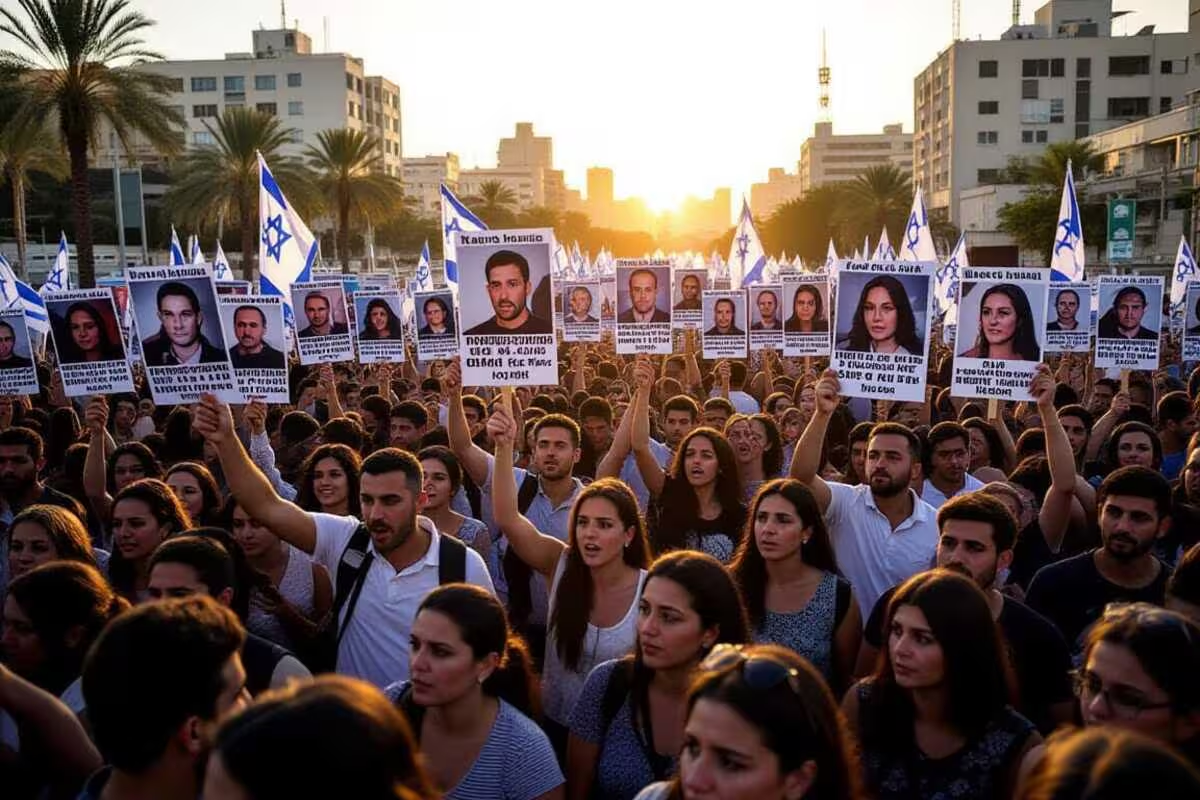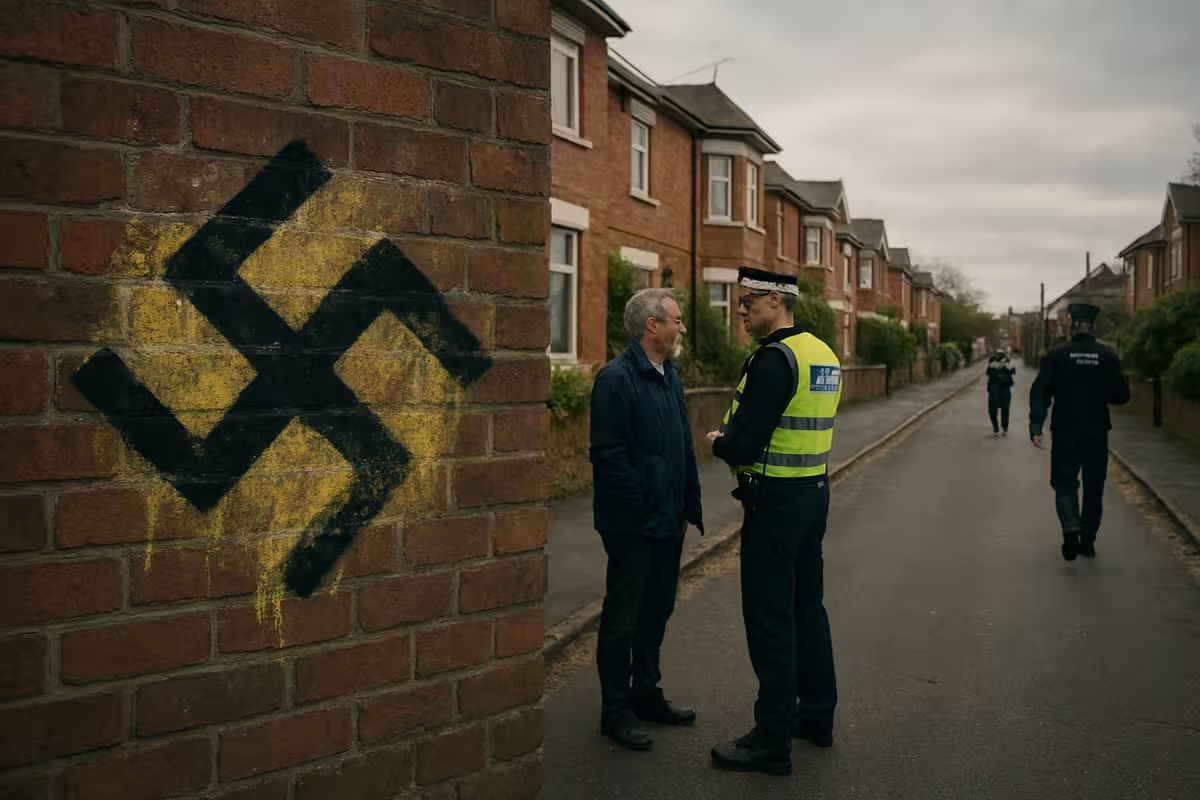Why India and Pakistan Celebrate Independence on Different Days
LONDON, UK – August 13, 2025:India and Pakistan were born from the same historical event, but they don’t celebrate their independence on the same day. Both countries were granted freedom from British rule on August 15, 1947, according to the Indian Independence Act of 1947. India still celebrates on August 15, but Pakistan celebrates a day earlier, on August 14. This difference comes down to a mix of timing, practical stuff, and wanting to be distinct as nations.
The Same Start Date
The Indian Independence Act of 1947 officially ended British rule and created two new countries and said that August 15, 1947, was the appointed day for the split.
This act was the legal basis for the partition, which divided Punjab and Bengal based on religion to create Pakistan (mostly Muslim) and India (mostly Hindu). This happened because the Indian National Congress and the All-India Muslim League had long disagreed politically.
The partition was chaotic. It caused one of the biggest mass migrations ever. Millions lost their homes, and lots of people died in widespread violence.
The official handover of power from the British to the new governments was set for August 15. This was meant to mark the end of over 200 years of British rule.
The British monarch gave the Indian Independence Act his approval on July 18, 1947, which officially set independence in motion.
Lord Mountbatten’s Role
The decision to have different celebration dates goes back to the problems faced by Lord Louis Mountbatten, the last British Viceroy. He had to oversee the quick decolonization.
Mountbatten had to transfer power by a tight deadline, so his schedule was full. He had to attend the swearing-in ceremonies for both countries.
The plan was to have one big ceremony. But Mountbatten couldn’t be in both Karachi (then Pakistan’s capital) and New Delhi at the same time.
So, Mountbatten flew to Karachi on August 14, 1947, to give power to Muhammad Ali Jinnah, Pakistan’s first governor-general. Then, he flew back to New Delhi for India’s independence ceremony at midnight between August 14 and 15.
Pakistan’s first stamps and coins were released on August 15. But the day of the power transfer became Pakistan’s day to celebrate.
Being Their Own Nation
Besides the timing issues, some say that Pakistani leaders wanted to change the date to create their own identity. A meeting in June 1948 supposedly led to the decision to make August 14 the official celebration day.
Some saw this as a way for Pakistan to show it was its own nation. By celebrating a day earlier, Pakistan could say it came first and was unique.
Another thing is the Islamic calendar. The night of August 14 and 15, 1947, was the 27th day of Ramadan.
This night, called Laylat al-Qadr (the Night of Power), is very sacred for Muslims. This religious reason played a big part in choosing the 14th.
Pakistan is also 30 minutes behind India time. So, when it was midnight in India on August 15, it was only 11:30 PM on August 14 in Pakistan.
The Partition’s Impact
The difference in celebration dates reminds everyone of the partition. Both countries are marking the end of British rule, but from different views.
For India, the day means the long fight for a united country came true. Jawaharlal Nehru, India’s first prime minister, gave his famous Tryst with Destiny speech then.
For Pakistan, it’s about creating a separate country for Muslims, which was the goal of the two-nation theory. It’s a day to honor Muhammad Ali Jinnah’s dream.
But the partition itself is still a source of pain. The rushed and violent split of land and people is still a big and often touchy part of the two countries’ shared history.
Basically, the story of two independence days is about having the same start but going different ways. It’s a story of timing, national feelings, and the big political and religious differences that created two separate countries.



